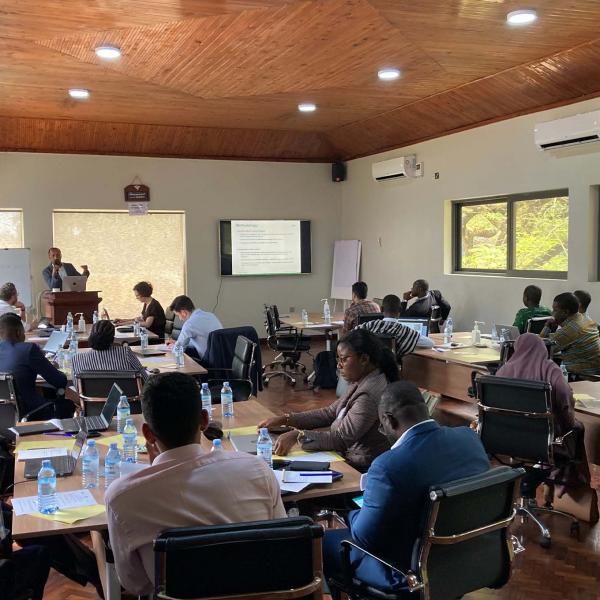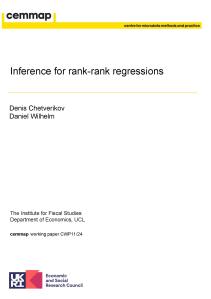Access
Berkson errors are commonplace in empirical microeconomics. In consumer demand, this form of measurement error occurs when the price an individual pays is measured by the (weighted) average price paid by individuals in a group (e.g., a county) rather than the true transaction price. We show the importance of Berkson errors for demand estimation with nonseparable unobserved heterogeneity. We develop a consistent estimator using external information on the true price distribution. Examining gasoline demand in the United States, we document substantial within-market price variability. Accounting for Berkson errors is quantitatively important. Imposing the Slutsky shape constraint reduces sensitivity to Berkson errors.
Authors

CPP Co-Director
Richard is Co-Director of the Centre for the Microeconomic Analysis of Public Policy (CPP) and Senior Research Fellow at IFS.

Northwestern University

Research Fellow University of Surrey
Matthias is a research Fellow of the IFS, a Professor in the School of Economics at the University of Surrey and a Research Fellow at the IZA.
Journal article details
- DOI
- 10.1162/rest_a_01018
- Publisher
- The Review of Economics and Statistics
- Issue
- Volume 104, Issue 5, September 2022, pages 877-889
Suggested citation
R, Blundell and J, Horowitz and M, Parey. (2022). 'Estimation of a heterogeneous demand function with Berkson errors' 104(5/2022), pp.877–889.
More from IFS
Understand this issue

The economic stories that will shape 2024
5 January 2024

The materials that shape our economy
13 September 2023

Don’t cheer end of earnings squeeze: there is more pain to come
19 June 2023
Policy analysis

IFS Deputy Director Carl Emmerson appointed to the UK Statistics Authority Methodological Assurance Review Panel
14 April 2023

Is there really an NHS productivity crisis?
17 November 2023

Three key takeaways from our TaxDev Tax Expenditures Workshop
17 March 2023
Academic research

Inference for rank-rank regressions
28 May 2024

Sample composition and representativeness on Understanding Society
2 February 2024

The impact of labour demand shocks when occupational labour supplies are heterogeneous
28 June 2024